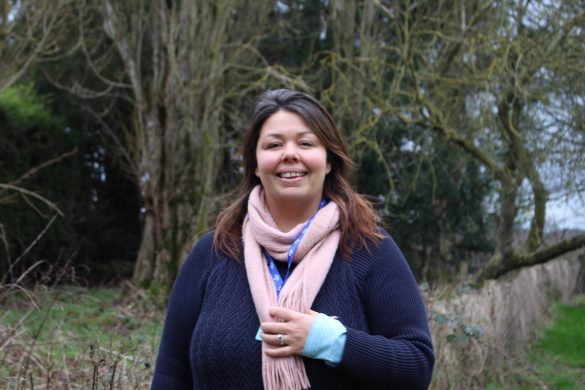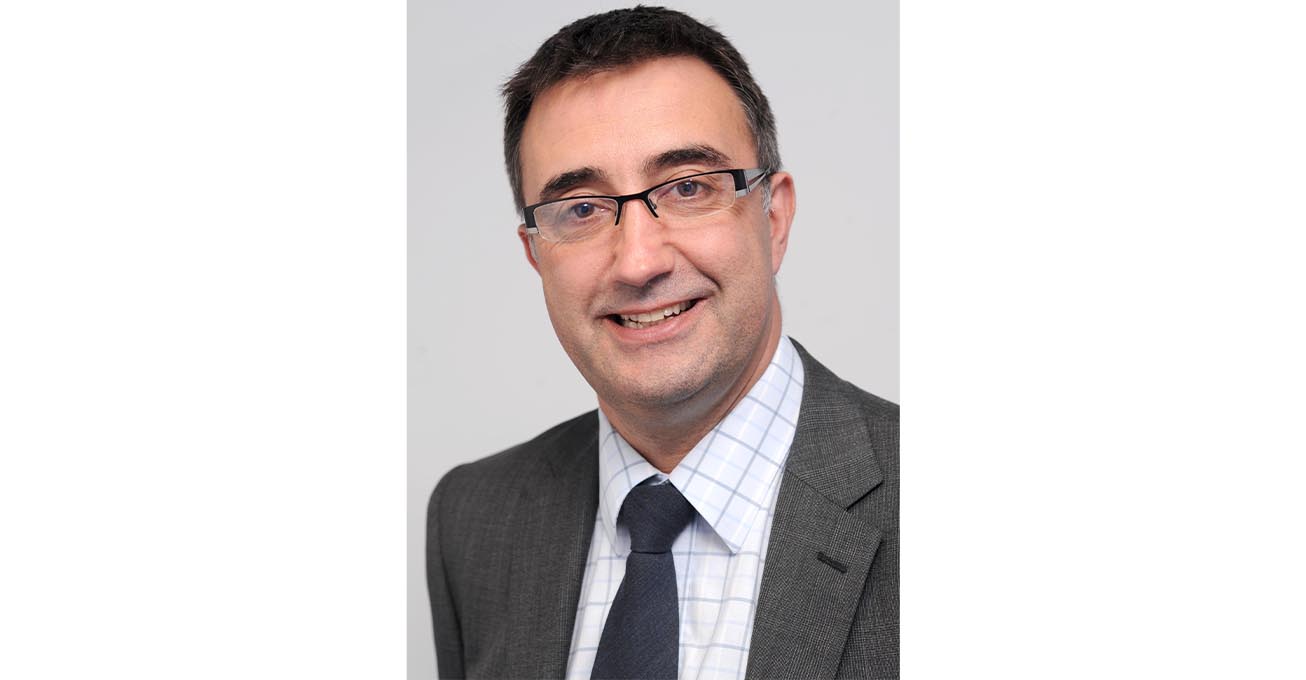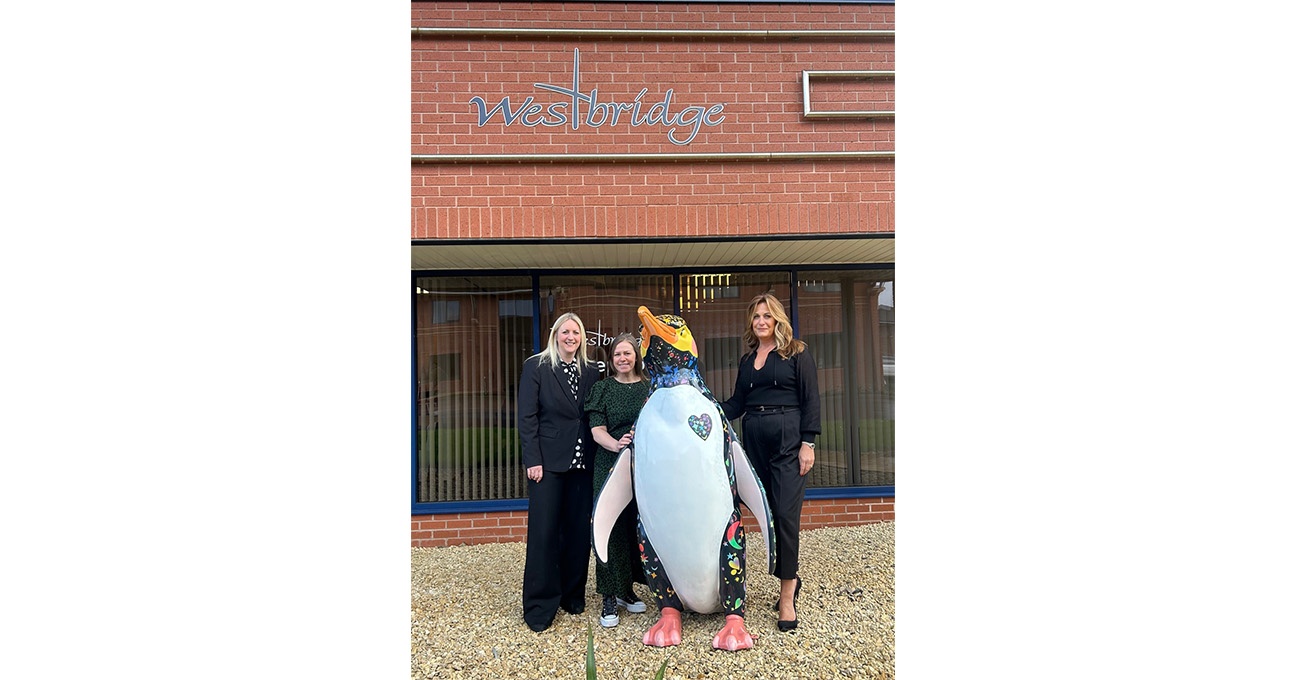A teacher who fell in love with outdoor learning while counting barnacles on a school trip has taken on a new role with the UK’s leading environmental education charity.
Jo Harris has taken up the post of education manager at the Field Studies Council after more than 20 years’ experience in outdoor learning.
The Field Studies Council has 12 residential centres around the UK and is dedicated to promoting environmental education and encouraging people to get out into nature.
Jo said: “I’m really proud of this. I’m proud all the years of teaching and training have come to fruition, and I’m really excited about this role.
“I want to try and make sure teachers are developing their skills for outdoor learning as well as providing outdoor learning in our centres.
“It’s inherently important for children to be outside and connected to nature. It helps them in every part of their lives from confidence, team building skills, ability to make friends as well as their resilience and physical and mental health.”
Jo said covid, coupled with the cost-of-living crisis, meant children had missed out on time in nature over the past few years and she wants the Field Studies Council to be able to redress the issue.
She said: “We can see that difference in children. The children coming to our centres now are not as connected to the environment and nature as they have been previously and that restricts every part of their life, not just their ability to write an essay or answer an exam question but their ability to be able to relax – everything is helped by being outside.
“My own interest in environmental education started on a field course at our former FSC Orielton site where I went for an A Level biology trip. We basically spent a week in the rain counting barnacles and measuring limpets. Whilst everyone else was not necessarily having the best time, I was loving it!
“I hadn’t a clue what I wanted to do before that trip but then remember going home and telling my parents that I wanted to study marine biology – and that was it.
“I did my degree at Swansea Uni in 2000 and loved every minute of it. Spent lots of time on the Gower, looking at seaweed and crabs and measuring barnacles again! Lots of people on my course wanted to go onto to study sharks and big animals, but I just loved looking in rock pools and bumbling around on the coast.”
After university, Jo worked at an education and activity centre on the Isle of Wight before returning to Orielton to work for the Field Studies Council as a tutor.
She said: “The lady who interviewed me was the tutor who had taken my A Level field course. I worked there as a tutor for two years and was then promoted to senior tutor and was there for about seven years in total.”
After Orielton, Jo worked at the Field Studies Council’s Bushy Park and Juniper centres before moving to Flatford Mill in Suffolk, where she also met her husband.
Mark Castle, chief executive of the Field Studies Council, said: “I am delighted that Jo has taken on the role of education manager. She has a long history with the Field Studies Council, and her passion and value are very much aligned with ours. I know she will do a fabulous job.”
Jo was appointed as the charity’s national education manager in December and has several objectives she is keen to achieve, including improving internal training programmes for staff.
Jo added: “One of my key ambitions is to re-develop our CPD pathways and make sure everyone in our education team is getting training throughout their career.
“Alongside that I want to put a real focus on making sure we are offering useful training for teachers. With lots of new teachers coming through covid and all the other challenges, there are a lot who are scared of fieldwork and don’t have the skills and knowledge to feel confident – that is something we have to help with.”
Jo said the Field Studies Council worked with its partners to help make outdoor education more accessible for all, including offering grants to help schools to pay for courses, especially for disadvantaged people and schools with a lot of pupils in receipt of pupil premium.
Last year, the charity also offered discounts for schools new to FSC courses, and there is currently a free digital hub available on the website which offers resources and advice for schools to create their own outdoor learning experiences.
She added: “Ultimately, we need to be working with our partners to lobby for more access to outdoor learning for students. There have been some changes to Scottish curriculum to build in more outdoor education and we need to continue pushing for that.
“Things like the new natural history GCSE will make a big difference, and hopefully we can help provide training for teachers to ensure we get the expertise back into everyday life. Knowing what things around us are in terms of trees, plants and wildlife is really important.
“Being outside helps students understand risk and danger and to explore their own boundaries. We need to ensure children are getting outside from a young age and making outdoor learning an integral part of the curriculum is key.”
For more information about the Field Studies Council and the funding help available to schools, visit: https://www.field-studies-council.org/.







